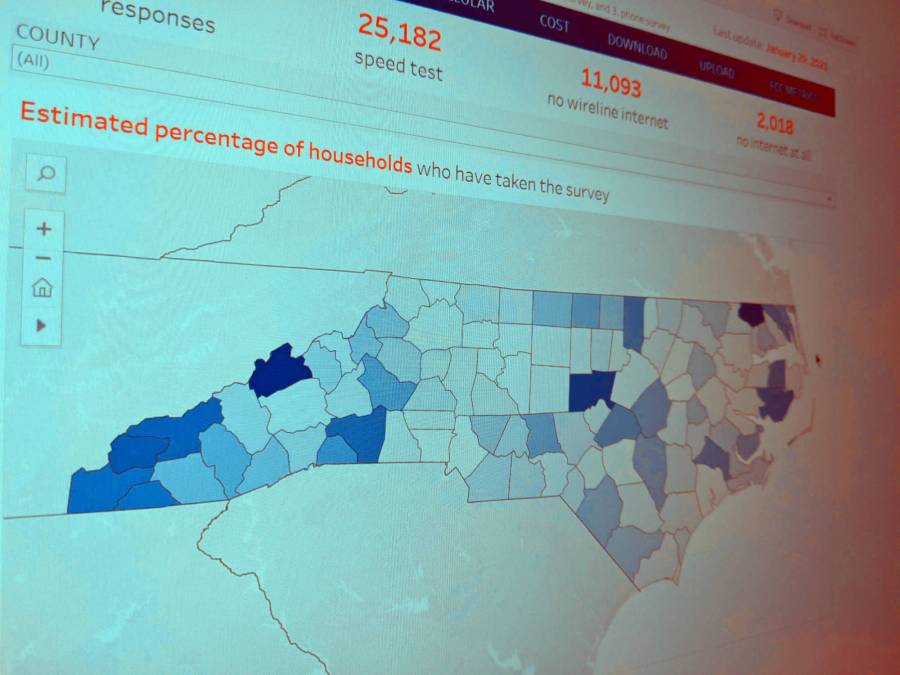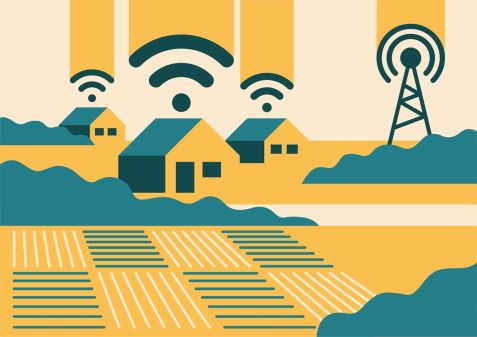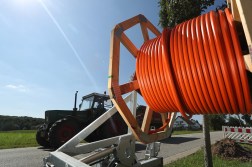North Carolina’s new broadband dashboards strive for data accuracy

Roughly 5% of North Carolina households surveyed last year lack access to the internet, according to a pair of new dashboards published Thursday by the state’s technology agency.
The new dashboards reflect data about broadband adoption, coverage and quality on a county-by-county and address-by-address basis, informed largely by a state broadband survey created last July in partnership with the Friday Institute at North Carolina State University. The survey asks residents to submit information about the internet connections from their homes, farms or businesses, and includes an optional broadband speed-testing tool that residents can use to test whether their internet speeds are as fast as advertised by their internet providers.
According to the dashboards published Thursday, 40,495 households throughout the state have responded so far, providing the state with data officials say will be helpful in correcting potentially flawed data from the Federal Communications Commission.
“Ultimately, we need more granular data, household level data and a real understanding of the speeds people are experiencing on the ground and if they don’t have access, why they don’t have it,” said Amy Huffman, the digital inclusion and policy manager at the state’s Department of Information Technology.
The county-level dashboard, available at the state’s broadband website, aggregates measurements of how many respondents are using different internet connections, including satellite, fiber, DSL, cable modem or fixed-wireless, as well as the average cost and download and upload speeds for respondents. The more granular dashboard, created using Esri’s ArcGIS platform, presents the survey data on an address-by-address basis, creating a much more detailed map of broadband access throughout the state. Of the 40,495 responding households, 2018 lack access to the internet entirely, while 61% of responding households that completed the optional speed test reported that their internet speeds did not meet the FCC’s minimum standard for broadband speed of 25 megabits per second download and 3 Mbps upload.
“We are urging each household in North Carolina — in areas with and without adequate service — to take the survey,” Jeff Sural, the director of the states Broadband Infrastructure Office, said in a press release. “Broadband availability is a major issue, and this data will help us provide much-needed context to the stories we hear every day from residents struggling to work, learn and interact online. With better context, we can advocate more effectively for our unserved and underserved communities in desperate need for expanded availability and more affordable access to high-speed internet service.”
Most North Carolinians have not yet taken the survey and it will be updated daily. Eventually, Huffman said, the data will be used to inform policymakers and grant offices as to which counties need the most help with improving connectivity and the information will be presented to the FCC to ensure that federal funding is disbursed correctly.






